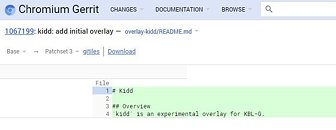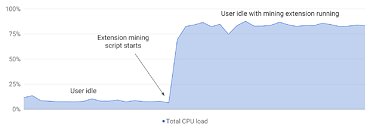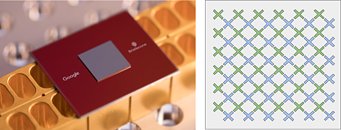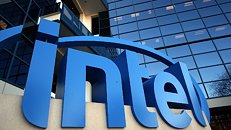
Google Might Be Preparing a Kaby Lake G-Powered Chromebook
Chromebooks are all the rage right now. As a matter of fact, Acer recently released the first convertible Chromebook and a couple of other premium models aimed at business users. Google isn't staying behind either. A device under the codename "Kidd" was recently discovered in a Chromium OS code commit. Kidd is allegedly supposed to be a Chromebook, and the first to come with a quad-core Kaby Lake G processor with AMD Radeon Vega graphics inside. The Kaby Lake G family is comprised of the Intel Core i5-8305G, i7-8705G, i7-8706G, i7-8709G, and i7-8809G. That's a total of five processors for Google to choose from. But, at the moment, it's unclear whether Kidd will employ a 65 watt model or opt for a more powerful 100 watt variant.
The latest Chrome OS update brought support for Linux applications. Therefore, users can now install Steam on their Chromebooks. While GPU acceleration isn't quite there yet, it's on the roadmap. Support for GPU acceleration should arrive later this year. Once that happens, users will finally be able to game on the Chrome OS. So, expect to see a lot more Chromebooks with Raven Ridge and Kaby Lake G processors very soon.
The latest Chrome OS update brought support for Linux applications. Therefore, users can now install Steam on their Chromebooks. While GPU acceleration isn't quite there yet, it's on the roadmap. Support for GPU acceleration should arrive later this year. Once that happens, users will finally be able to game on the Chrome OS. So, expect to see a lot more Chromebooks with Raven Ridge and Kaby Lake G processors very soon.


















































